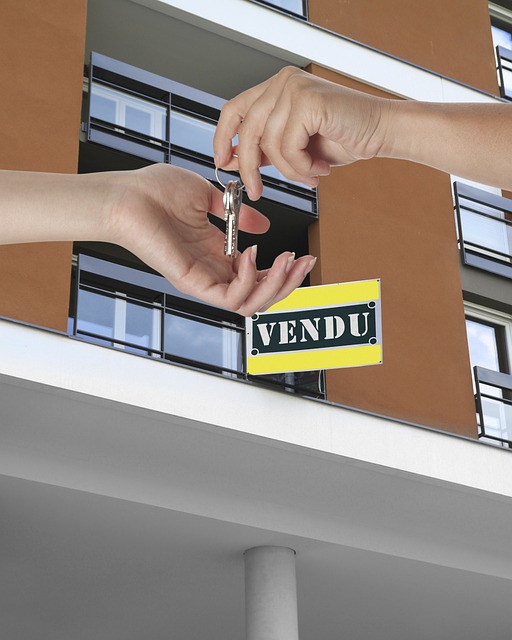Rental history checks are a fundamental aspect of tenant screening, shaping the dynamic between landlords and potential tenants. This article explores how these background verifications influence the tenant-landlord relationship, focusing on communication, trust, and best practices. From a landlord’s perspective, understanding the importance of rental history checks is key to fostering positive connections and ensuring a smooth leasing process. By implementing effective checking procedures, landlords can make informed decisions while maintaining a professional and supportive environment for tenants.
- Understanding Rental History Checks: A Landlord's Perspective
- The Impact on Tenant Relations: Communication and Trust
- Best Practices for a Positive Checking Process
Understanding Rental History Checks: A Landlord's Perspective

Landlords often view rental history checks as a crucial tool for assessing potential tenants. These checks provide valuable insights into an individual’s past tenancy, helping landlords gauge their reliability and financial stability. By reviewing rental history, landlords can identify consistent renters with positive payment records, reducing the risk of vacancies or late payments.
From a landlord’s perspective, rental history checks offer a glimpse into a tenant’s responsibility. They help in making informed decisions, ensuring that properties are rented to those who respect the terms and maintain the property well. This process is especially important for landlords aiming to build a positive reputation and foster long-term, healthy relationships with their tenants.
The Impact on Tenant Relations: Communication and Trust

Rental history checks play a significant role in shaping the dynamics between tenants and landlords, particularly when it comes to communication and trust. When a prospective tenant allows a landlord to conduct a rental history check, it fosters an atmosphere of transparency and honesty. This process enables landlords to verify crucial information about previous rentals, such as payment records, length of tenancy, and any issues or complaints. Tenants who provide accurate and timely access to their rental history demonstrate reliability and respect for the relationship, encouraging open dialogue with their prospective landlord.
Effective communication is built on trust, and rental history checks can be a foundation for establishing this trust between tenants and landlords. By sharing their rental background, tenants give landlords a glimpse into their responsibility and character. Conversely, landlords who conduct thorough checks and offer constructive feedback create an environment of mutual respect, setting the tone for a positive tenant-landlord relationship. This transparency encourages tenants to communicate any concerns or issues promptly, fostering a collaborative atmosphere that benefits both parties in the long run.
Best Practices for a Positive Checking Process

Maintaining a positive tenant-landlord relationship begins with a robust yet fair checking process. Conducting thorough rental history checks is essential to ensuring both parties are comfortable and protected. Here are some best practices for landlords to implement:
Start by verifying income and employment details, confirming tenants have stable financial resources to cover rent. Check previous landlord references to gauge tenant reliability and responsible renting history. Online rental screening tools can streamline this process, providing digital verification and comprehensive reports. Additionally, reviewing credit scores offers insight into a tenant’s financial health and potential risk. Remember, a fair and transparent checking process builds trust, setting a positive tone for the entire tenancy experience.






